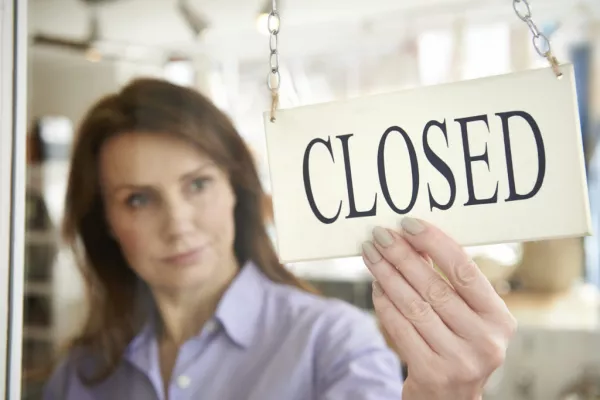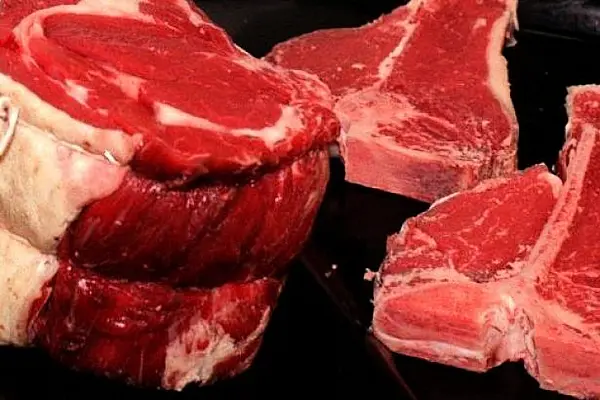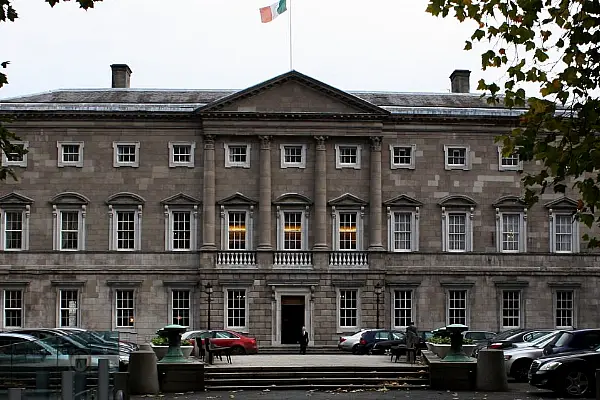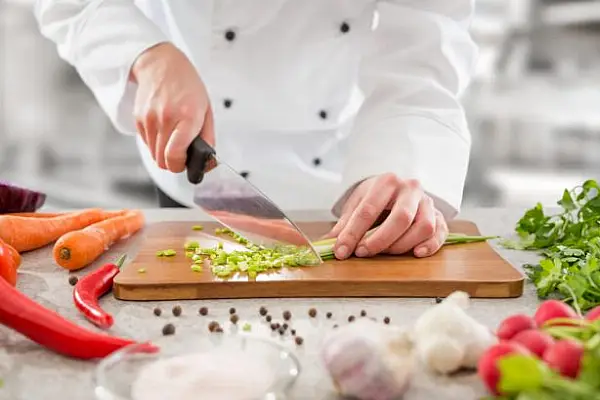A total of 612 restaurants, cafés, gastropubs and other food-serving hospitality businesses have permanently closed their doors since the VAT rate for the sector increased from 9% to 13.5% on September 1, 2023, according to the Restaurants Association of Ireland (RAI).
The annual closure figure arrives amid the RAI’s campaign to have the 9% VAT rate on food reinstated in Budget 2025.
'Abnormal Level'
“While government departments may suggest that for every restaurant closure across the country another one opens, the reality is that this is not the case – particularly in rural and regional Ireland," said Adrian Cummins, CEO of the Restaurants Association of Ireland.
“The public is well aware of the abnormal level of closures within the industry, with recent Amárach Research polling showing that 67% know of a small business closure in their local area this year."
Monthly Closure Figures
To compile its monthly closure figures, the RAI commissions the company Vision Net to send it the relevant Companies Registration Office (CRO) liquidations data for the hospitality industry.
In addition to this, the RAI’s closure figures also incorporate sole traders which are not included in the CRO data. These sole trader closures are identified and verified by the RAI through its own membership database, local media reports and social media.
Final Decision
Last month alone saw 35 businesses close, while the RAI says that many others are merely waiting for Budget 2025 on October 1 before making a final decision on whether to close or not.
The RAI says that the 'economic carnage' being caused by restaurant closures, coupled with the bumper tax receipts provided by the hospitality sector when the 9% VAT rate was in place for 10 of the past 12 years, mean the imposition of the higher rate of VAT has now started to cost the government more than the €545 million it says reinstating the 9% VAT rate on food would.
'Long-Term Viability'
"Our members are not asking for short-term grants, but for long-term viability," said Cummins.
"This can only be achieved by restoring the correct VAT rate for our low-margin, labour-intensive industry, which has faced immense cost pressures in recent years."









